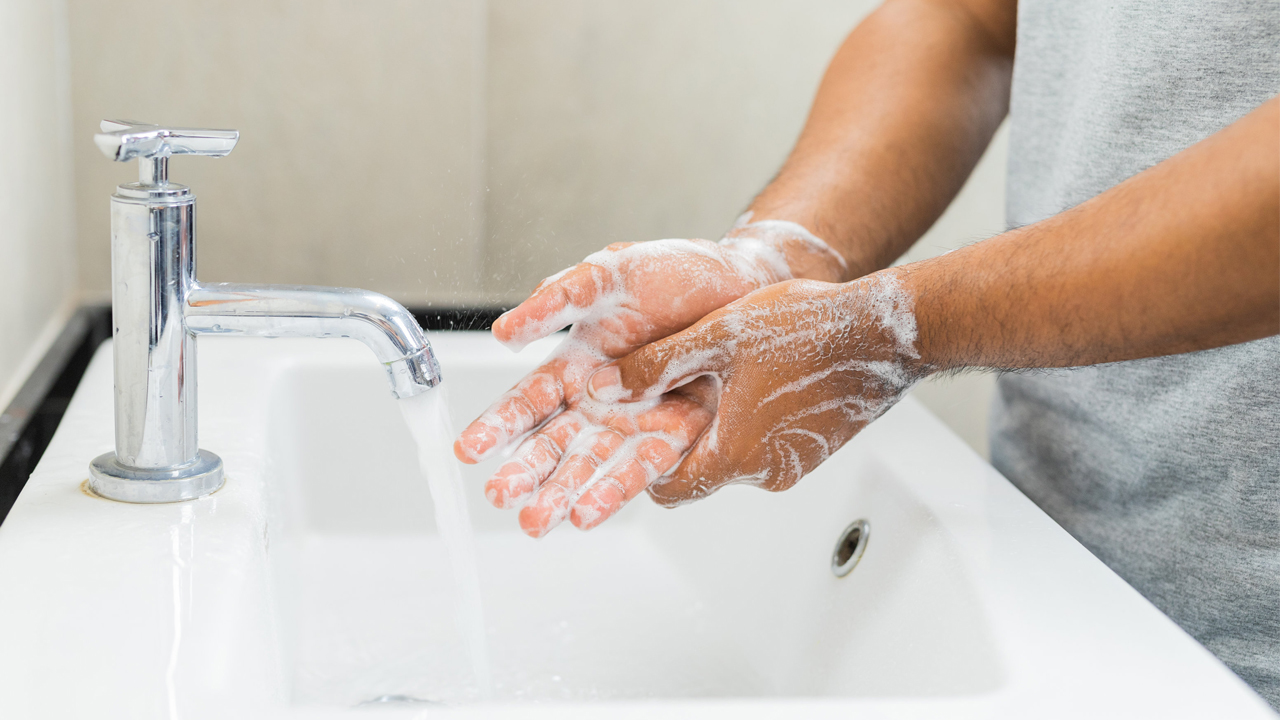Hand hygiene plays an important part in our daily routine. And after this pandemic, the importance of hand hygiene was very much felt. Washing or cleaning your hands with soap/water or sanitizer takes only seconds but it can have a significant impact on your health. It looks like a small deal but its output is way more helpful. One should incorporate this as a lifetime habit.
According to the Centre for Disease Control and Prevention (CDC), washing hands could protect about 1 of 3 young children who get sick with diarrhea and 1 of 5 young children with respiratory infections like pneumonia. Cleaning your hands not only protects you but also prevents the spreading of germs too – especially to the most vulnerable age groups (kids and elderly people).
When should you wash your hands?
- Before preparing the meal.
- Before and after eating
- After using washrooms
- Before and after treating wounds or taking care of a sick person
- After touching animals
- After coming from outside
- After handling pet foods or pet treats.
You should also wash your hands as and when the dirt is visible. It is best to clean your hands with soap and water but if you are somewhere out where there is no availability of water, in that case, you can use alcohol-based hand sanitizer.
Steps for proper hand washing – With soap and water
- Turn on the tap.
- Completely wet your hands with water.
- Dispense soap into the palm of one hand.
- Scrub all surfaces of hands, including between fingers, for at least 20 seconds.
- Rinse out hands under running water.
- Dry your hands with a towel.
- Turn off the tap.
With sanitizer
- Apply hand sanitizer to the palm of one hand. Don't use water.
- Rub the sanitizer over all surfaces of both hands, including all surfaces of fingers.
- Rub your hands until they dry.
- CDC recommends alcohol-based sanitizer with 60% alcohol.
Teaching your kids about washing hands at an early age will encourage them to accept it as a lifelong habit. Ask them to sing a song, or practice counting while washing hands so that they invest a total of 20 seconds and do not make a hurry.
Tips to prevent the spread of germs
- Avoid close contact with people who are sick
- Don't touch your eyes, mouth, and nose without washing your hands.
- Reside at home if you are not feeling well.
- While sneezing and coughing, cover your nose and mouth with a tissue
- Use disinfectant while cleaning the house or wiping.
Hand washing is an easy way to prevent infection. Frequent hand washing prevents the spread of germs and illnesses from a sick person to a healthy person.
(Disclaimer: The content on this site is for informational purposes only, and should not be taken as professional medical advice. Always seek the guidance of your doctor or other health professionals for any questions you may have regarding your health or a medical condition.)

 Hand hygiene is an easy way to prevent infection. Read on to know when to wash your hands and the right way to do so. Also, know the right way to use an alcohol-based sanitizer.
Hand hygiene is an easy way to prevent infection. Read on to know when to wash your hands and the right way to do so. Also, know the right way to use an alcohol-based sanitizer.










.jpeg)







.jpeg)

.jpg)










